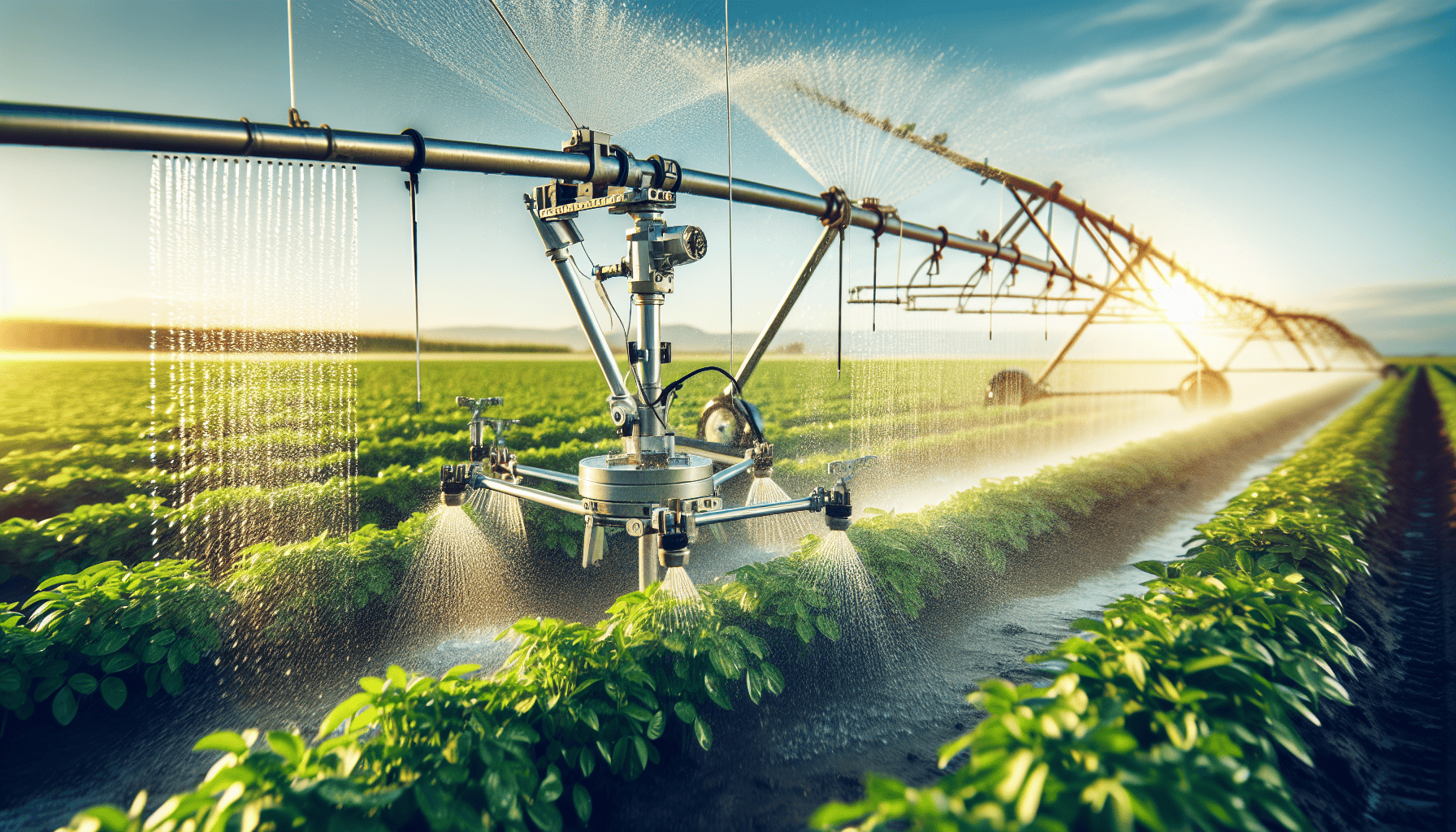In recent years, the increasing scarcity of water resources and the impact of climate change have heightened the urgency to optimize water usage across various sectors. Agriculture, as a significant consumer of water, stands at the forefront of this challenge. Smart irrigation systems present a promising solution aimed at enhancing water management efficiency and ensuring sustainable agricultural practices.
Smart irrigation systems leverage advanced technologies, such as the Internet of Things (IoT), sensors, data analytics, and artificial intelligence (AI), to deliver water precisely where and when it is needed. The core concept revolves around optimizing water use by considering factors such as soil moisture, weather conditions, and specific plant water requirements.
One of the primary components of smart irrigation systems is soil moisture sensors. These sensors, strategically placed in the soil, provide real-time data on moisture levels. By continuously monitoring the soil's moisture content, these sensors offer valuable insights into when plants require watering, preventing both overwatering and underwatering. Overwatering not only wastes water but can also lead to plant diseases and nutrient leaching, while underwatering can stress plants and reduce yields.
Weather data integration is another critical element of smart irrigation systems. By incorporating weather forecasts and real-time meteorological data, these systems can adjust irrigation schedules to align with expected rainfall and evaporation rates. This dynamic adjustment ensures that irrigation is effective and responsive to changing environmental conditions, thus saving water while optimizing plant growth.
Moreover, the employment of AI and machine learning algorithms in smart irrigation systems enables advanced data analysis and decision-making capabilities. These technologies can analyze historical and real-time data to predict optimal irrigation schedules, taking into account specific crop needs, soil type, and environmental conditions. This predictive capability helps in maximizing water efficiency and improving crop yield.
Beyond the technical components, the impact of smart irrigation systems on water conservation and agricultural productivity is significant. By minimizing water waste and optimizing usage, farmers can achieve substantial water savings. This conservation is not only beneficial for the environment but also for the economic viability of farming operations, as it reduces costs associated with water use and resource management.
The implementation of smart irrigation systems is not limited to large-scale agricultural operations; they can also be adapted for use in smaller farms, horticulture, and even residential gardening. The scalability of these systems makes them accessible to a wide range of users, promoting broad adoption and maximizing their positive environmental impact.
However, the transition to smart irrigation systems does not come without challenges. Initial costs of installation, technology adoption, and training for farmers and users might be barriers to entry. Additionally, ensuring reliable data connectivity in remote agricultural areas can present difficulties. Despite these challenges, the long-term benefits and potential cost savings make the investment worthwhile.
In conclusion, smart irrigation systems represent a transformative approach to water management in agriculture, combining technology and data-driven insights to ensure optimal water usage. As these systems continue to advance and become more accessible, they hold immense promise for fostering sustainable agriculture, conserving valuable water resources, and mitigating the effects of climate change on global food security. Through smart irrigation, we have the opportunity to cultivate a more sustainable and resilient agricultural future.
